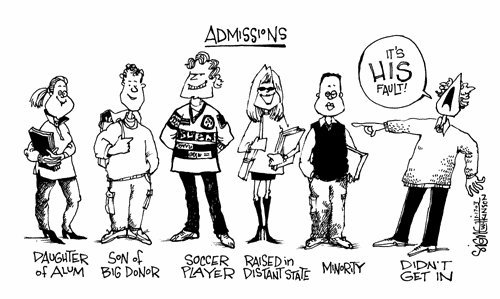As the child of an immigrant father, I am conflicted about what it means to be “a Canadian”. I spent my childhood living in a white community, surrounded by kids whose parents had been born in-country, if not in-city. I didn’t really start encountering immigrant families until I was in my adolescent years, by which time I had a fairly firm grasp on what I thought it meant to be ‘Canadian’.
As the years have passed and I’ve become more intimately acquainted with the varieties of Canadian experience, it’s become more and more difficult to justify my belief that Canadians ought to share a set of values. I think that everyone should always agree with me about everything, but I am willing to accept dissent within tolerance margins. Canada’s values are, for the most part, in concert with my own values – there is a certain amount of chicken/egg questioning that one must engage in, but I can defend most of my values beyond simply stating “because that’s what I believe.”
The question, though, becomes whether or not it is reasonable to expect newcomers to this country (like my father) to adopt “our” values. After all, as I have argued before, one of Canada’s strengths is that it doesn’t have a monocultural or monoethnic heritage: [Read more…]

